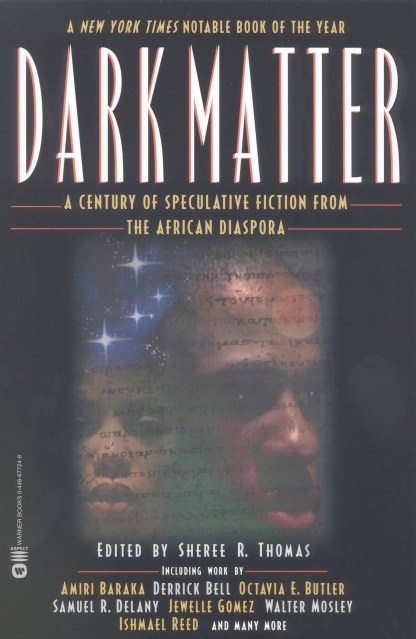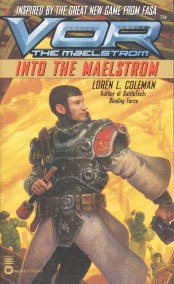By clicking “Accept,” you agree to the use of cookies and similar technologies on your device as set forth in our Cookie Policy and our Privacy Policy. Please note that certain cookies are essential for this website to function properly and do not require user consent to be deployed.
Dark Matter
A Century of Speculative Fiction from the African Diaspora
Contributors
By Sheree R. Thomas
Formats and Prices
- On Sale
- Jul 1, 2001
- Page Count
- 448 pages
- Publisher
- Aspect
- ISBN-13
- 9780446677240
Price
$24.99Price
$31.99 CADFormat
Format:
- Trade Paperback $24.99 $31.99 CAD
- Hardcover $30.00 $39.00 CAD
- Trade Paperback $24.99 $31.99 CAD
This item is a preorder. Your payment method will be charged immediately, and the product is expected to ship on or around July 1, 2001. This date is subject to change due to shipping delays beyond our control.







